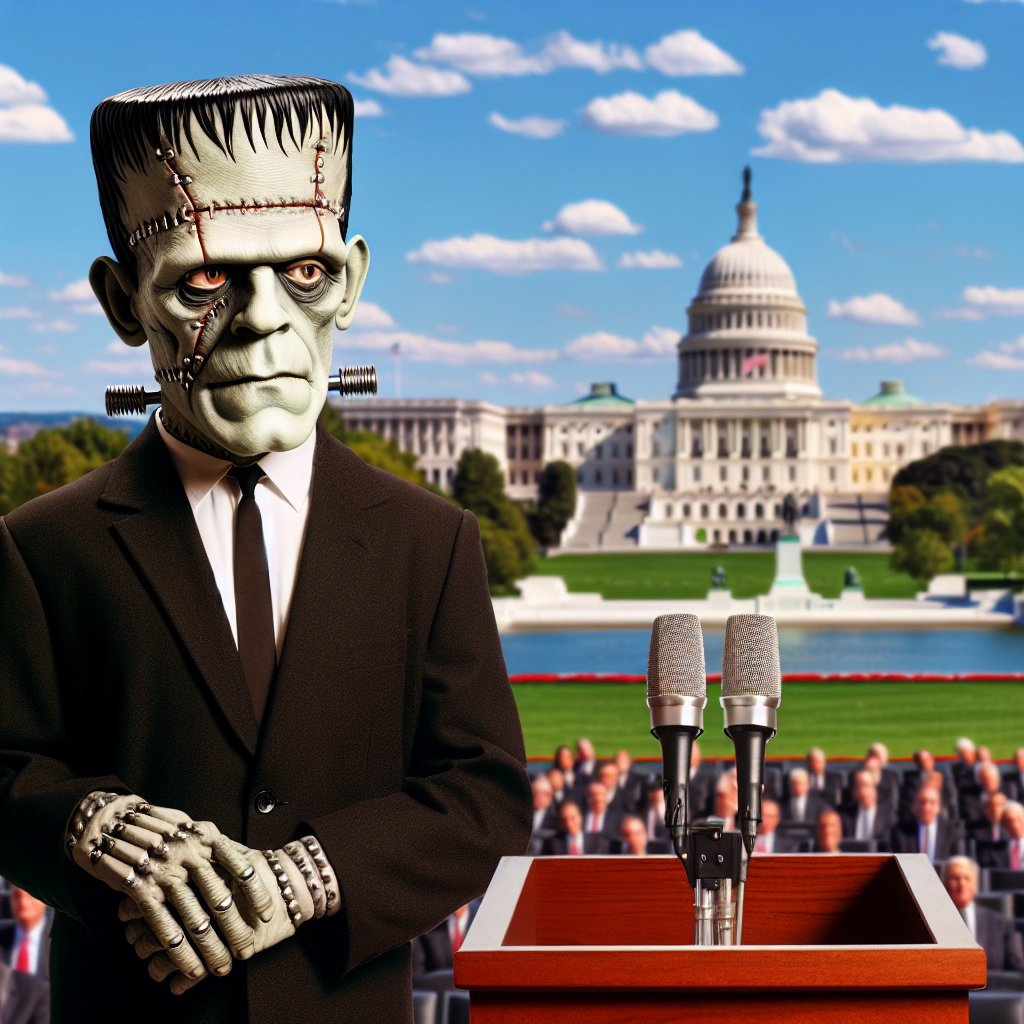The political landscape has been highly unpredictable since Donald Trump’s surprising victory over Hillary Clinton in 2016. Despite extensive betting on conventional outcomes favoring Clinton, the election culminated in a win for Trump that signified a revolt against the established political order. This sentiment is further complicated by the relationship dynamics within the Trump family, particularly with Melania, often reported as being unhappy in her role as First Lady. Meanwhile, their son Barron, now significantly taller than his father, elicits curiosity about his athletic prospects in a society increasingly driven by fame and media spectacles. Unexpectedly, Trump seems to have aged well, defying the common trope that the presidency ages individuals significantly. Instead, he presents a fit image that matches the vigor required for leadership roles.
As we approach the 2024 elections, predictions about potential outcomes remain clouded with skepticism and concern. Many anticipated a fiercely contested race, reflective of deep divisions within American society. Evidence suggests preparations for election irregularities similar to those seen during the chaotic 2020 elections. Several firsthand accounts describe troubling experiences voters faced, including cumbersome voting procedures and breakdowns of electronic voting machines. Historical norms dictate that results are known promptly after polls close, yet this expectation faced uncertainty as the counting process for the upcoming election remains fraught with speculation. Observers express fears of delayed results reminiscent of past elections, adding another layer to the prevailing tensions surrounding the electoral process.
In the aftermath of elections, the anticipated backlash against Trump’s victory failed to materialize as expected. Instead of the anticipated outrage and chaos from opposing parties, many commentators appeared muted over Trump’s resounding win. The outpouring of emotions expected from television personalities and social media influencers was notably subdued; some even speculate that the overwhelming nature of Trump’s victory left them speechless. While there were attempts to link the results to broader racial and societal themes, such efforts seemed unconvincing and detached from the overwhelming public sentiments expressed during the election.
Social media platforms provided a lively alternative, buzzing with younger voices claiming to initiate a “sex strike” in protest against Trump’s victory. This response, although humorous, showcases a growing divide in political engagement among the youth and highlights a unique backlash rooted in social media’s influence over real-world consequences. However, this response from some demographics reveals a rift in perceptions about relationships and societal roles following political outcomes. While these reactions draw attention, they also signal potential shifts in future engagement between genders in the political sphere, compounded by the evolving definitions of gender and relationship dynamics that many young people grapple with today.
The election’s integrity remains a hot topic as allegations of fraudulent activities swirl, reminiscent of chaotic political disputes from previous years. Observers note discrepancies in voting patterns across various states, leading to renewed discussions about electoral fairness and the vigilance required to maintain democratic processes. The contrasting voter turnout statistics further fuel debates over evolving voter demographics and whether minorities are engaging more with Republican ideologies. Amid these discussions, the fear of potential manipulation persists, emphasizing a need for scrutinized oversight in future electoral processes.
Lastly, the unpredictable narratives surrounding Trump continue to intrigue observers as he remains embroiled in legal entanglements and controversies that would normally incur significant political damage. Interesting strategies, such as showcasing alliances with various demographics, have made waves within political circles. Trump’s distinct approach, contrasting with the more somber presence of candidates like Joe Biden, reflects a different energy in campaigning that resonates with a portion of the electorate. As the 2024 elections approach, the questions surrounding the implications of these strategies, voter sentiments, and potential outcomes become layered with complexity—a dynamic underscored by the evolving political theater in America today.

